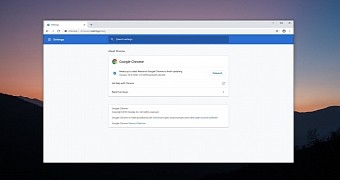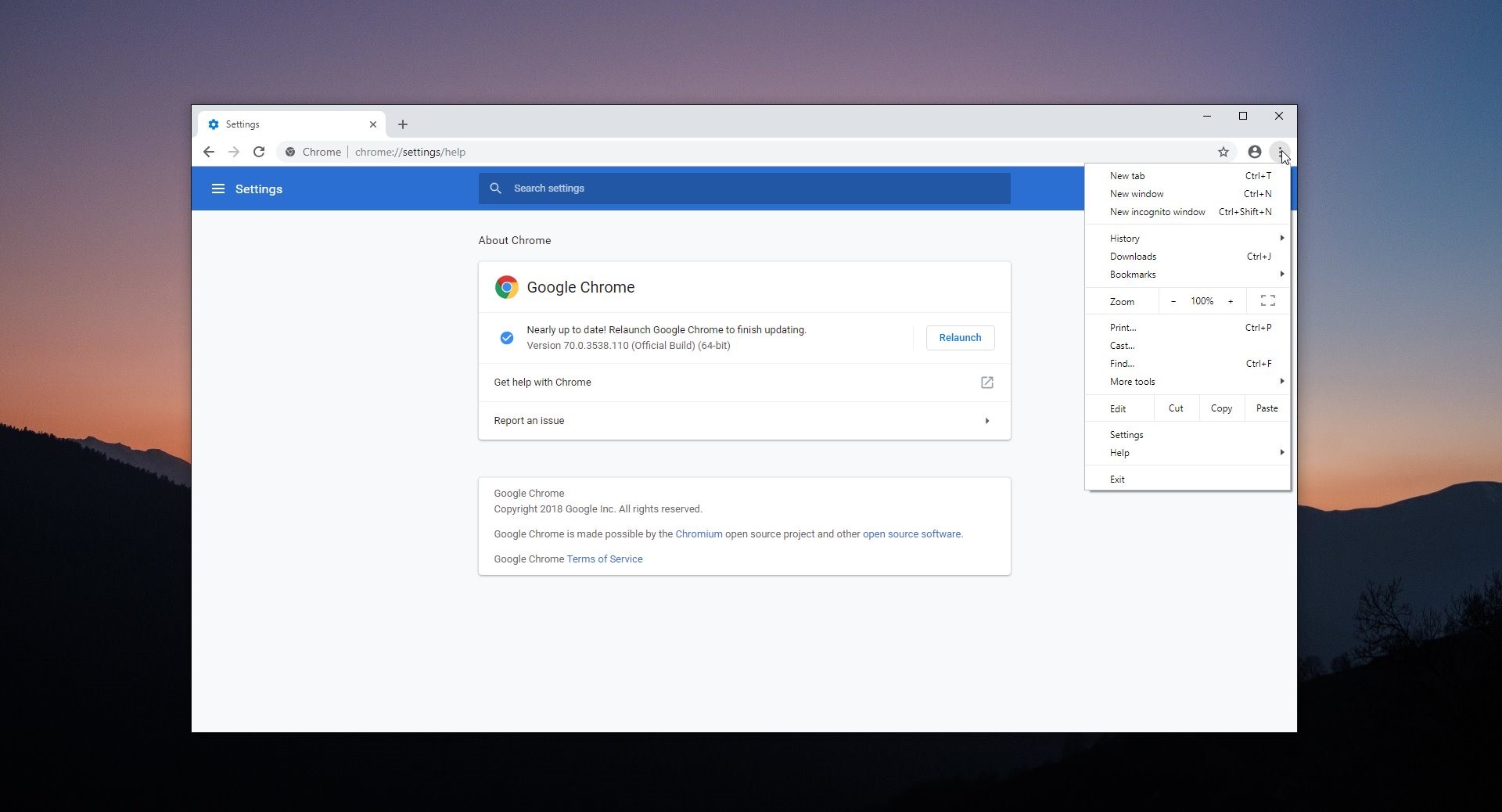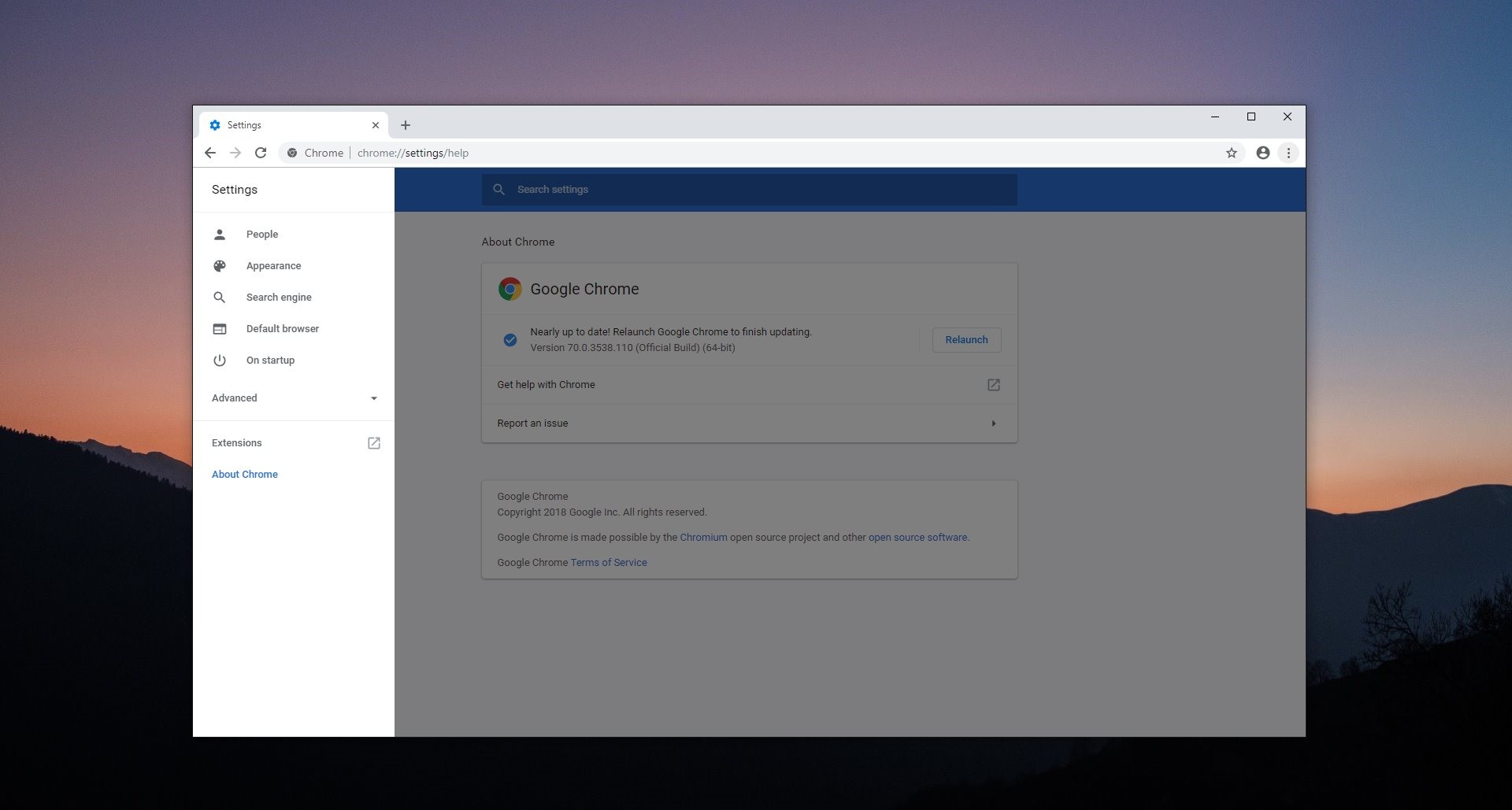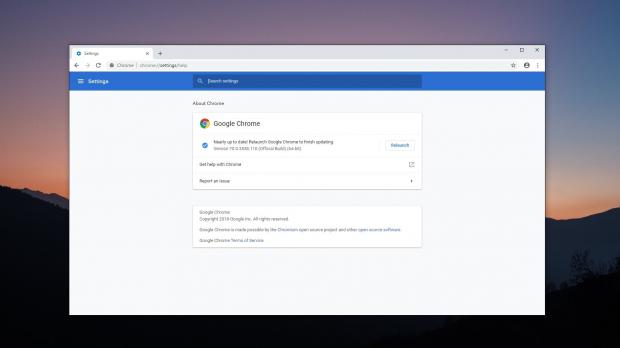Google has released a new version of its browser, and while the updated feature lineup includes several new goodies, the focus this time is clearly on the security the app can provide to users.
First and foremost, Google Chrome 71 includes patches for a total of 43 security issues that were reported by various researchers. Full details on what’s being fixed, as well as the bounties offered by Google to the researchers who discovered the bugs, are available here.
One key highlight in this browser update is the introduction of additional controls that block what Google calls “harmful experiences” when loading specifics websites.
Google detailed this approach back in November, explaining that Google Chrome 71 would block all ads on websites where the company has discovered “persistent abusive experiences.”
Basically, the search giant says this policy only impacts “a small number of sites,” but the company would probably update this list as it discovers more pages with misleading ads. Additionally, Google is also offering site owners the option to check whether their pages are being flagged using the Abusive Experiences Report in their Google Search Console.
As a result, if you’re using Google Chrome 71 and some specific websites don’t show any ads, there’s a chance the browser blocked them completely to prevent any malicious ads or popups that might be implemented.
The browser will scan sites for ads that hide auto redirects, mouse pointer elements, or unexpected click areas. Needless to say, ads that point to malware, phishing, or display fake messages are blocked from the very beginning.
Google Chrome is also introducing a new warning for so-called unclear subscription pages. Also announced in November, this feature is supposed to block fake mobile-based subscription serves that could charge you without sharing all the information you’d need to make a correct decision.
Unless websites provide visible and obvious billing information, clear costs before accepting the terms, and an easily understandable fee structure, Google Chrome 71 blocks them from the very beginning, with a message warning that “the page ahead may try to charge you money.”
Webmasters will also be notified to make changes to their websites and comply with all requirements.
“For websites that aren’t verified on Search Console, we will do our best to get in touch with the webmasters affected and will be available to answer questions in our public support forum available in 15 languages. Once an appeal has been sent via Search Console, we will review the changes and remove the warning accordingly,” Google explains.
The warning will be displayed when you load websites that ask for your mobile phone number to charge for various services without providing the aforementioned details. The warning message will also be displayed on mobile devices where users are more vulnerable to shady tactics.
Google Chrome 71 also removes inline installation of extensions completely. Without this feature, users are required to install extensions from the Chrome Web Store, as the inline install API method has been ditched completely from the browser.
And last but not least, the updated browser comes with improvements on how playing audio is handled when loading websites.
The Speech Synthesis API is now blocked on page load, as part of Google’s efforts to block auto-playing content when browsing the web. Some pages, however, turned to this API in order to bypass its restrictions, and beginning with Chrome 71, content doesn’t play until users actually interact with the page.
Google Chrome 71 is available right now for all supported platforms, both desktop and mobile, and it can also be updated using the built-in engine if you’re already running version 70.

 14 DAY TRIAL //
14 DAY TRIAL // 



